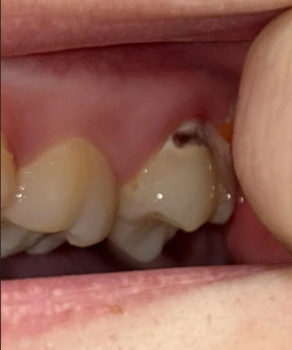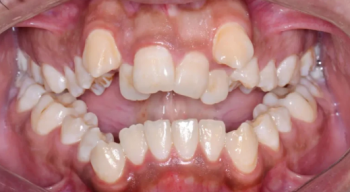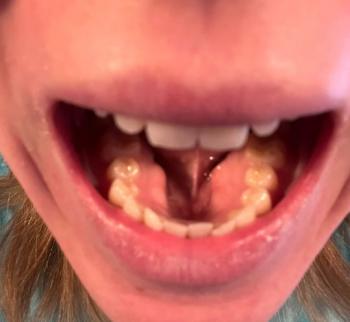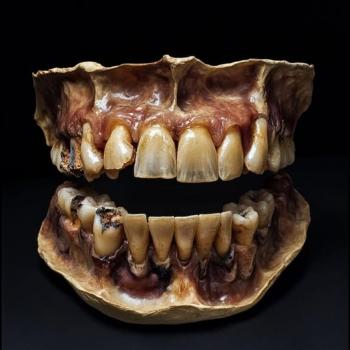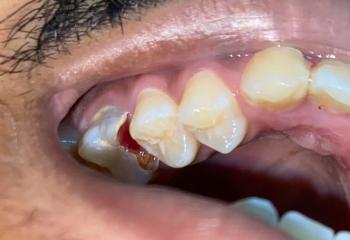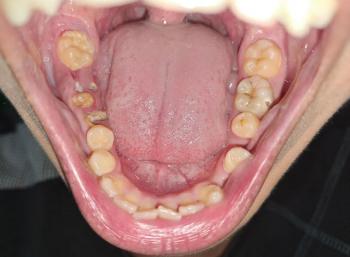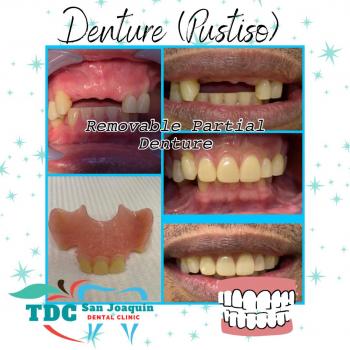Your Smile, Our Passion.
What to Expect With a Root Canal Treatment

Root canal or endodontic treatment occurs when an infected or damaged tooth's innermost layer is called the pulp. Moreover, infection or injury to the pulp can cause severe pain and may result in tooth loss if not treated promptly, as the pulp comprises nerves, blood vessels, and connective tissue. So if you experience any painful thing in your teeth, you should consult or set an appointment with your dentist.
Therefore if your dentist performs a root canal treatment, you should obey as it requires multiple visits. Significantly if the tooth is severely infected or if there are complications. The number of visits and the treatment duration can vary from case to case.
Causes of root canal infections
Here are the main cause of infection to your teeth and root canal.
Deep tooth decay
Lack of poor oral hygiene can be the main cause of deep tooth decay. Indeed brushing and using dental floss is important for dental hygiene. Just brushing teeth inadequately will allow bacteria and plaque to build up on the teeth, causing tooth decay. As time passes, the decay can reach the pulp, reaching deeper into the tooth. This reason causes inflammation and infection, which results in significant pain.
Dental Trauma
Damages from an injury, accident, or any activities that impact the teeth can cause a major problem that leads to a root canal treatment. Usually they will peform a panoramic xray, seek professional help just to make sure of any infection or serious problems.
Gum Disease
It is caused by plaque buildup on the teeth and along the gumline. Plaque is a sticky film that forms on the teeth when bacteria in the mouth combine with saliva and food particles. It should perform a gum treatement and extract immediately to remove plaque that can irritate the gums and lead to gum disease.

Expectation with a root canal treatment
Expect this following during root canal treatment so that you will not surprise during the process.
1.The affected tooth area will be numbed by a local anesthetic administered by a dentist or endodontist. The purpose of this is to remain comfortable and pain-free throughout the procedure.
2. In many cases, a rubber dam—a thin sheet of rubber or vinyl—will be placed over the teeth using a dental dam to isolate the tooth from the surrounding oral cavity. Creating a clean and sterile environment for the procedure is a priority.
3. The dentist will create a small access opening in the tooth's crown to reach the infected or damaged pulp inside the root canal. What to expect during root canal treatment is that your dentist will use dental drills and other specialized instruments.
4. Using narrow files and other instruments, dentist will carefully extract the infected or damaged pulp tissue from the pulp chamber and root canals.
5. After removing the infected pulp, the dentist will use specialized files to clean and shape the root canals. This is necessary to remove bacteria, debris, and any remaining infected material. Irrigation with antibacterial solutions may be used to flush out the canals thoroughly.
6. Expected outcomes following root canal therapy., the dentist will put temporary medication may be placed in the canals to eliminate any persistent infection or reduce inflammation. So the dentist will recommend visiting again to inspect.
7. Once the canals are clean and dry, the dentist will fill them with a biocompatible material called gutta-percha. Gutta-percha is a rubber-like material that seals the canals, preventing bacteria from re-entering. The access opening is then sealed with a temporary filling.
8. Lastly, after the root canal treatment, the tooth will need a permanent restoration, such as a dental crown or filling, to protect and strengthen it.
Conclusions
Note that the entire root canal treatment process may require multiple visits, especially for more complex cases—your situation and how serious the infection or damage determines the number of appointments. After the root canal treatment, you may manage any mild soreness or sensitivity with over-the-counter pain medications. Maintaining good oral hygiene and following your dentist's or endodontist's post-treatment instructions is essential to ensure proper healing.
source image: https://mypenndentist.org/dental-tips/2022/03/01/avoiding-infection-befo...

